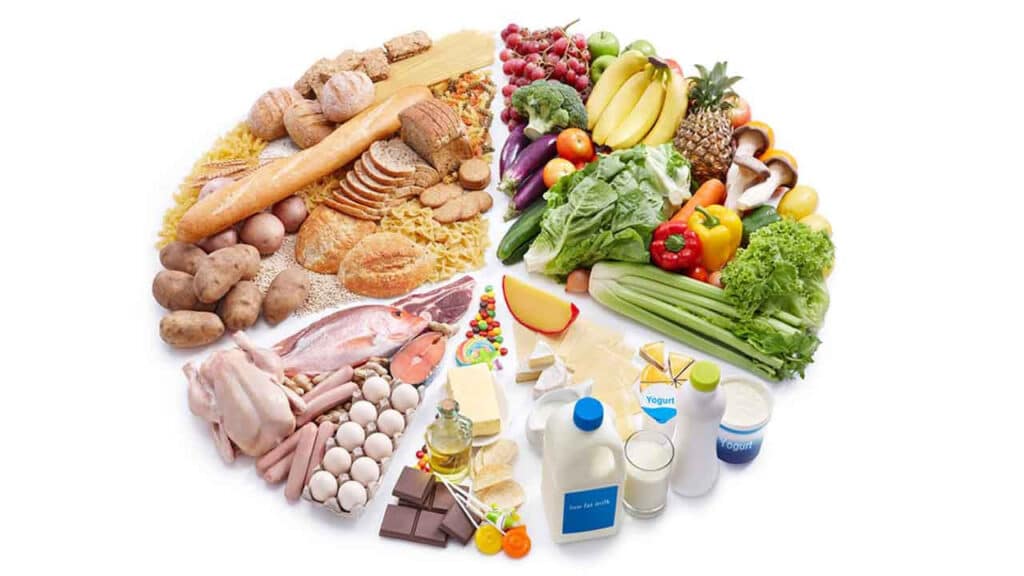“Everything in moderation.” You’ve probably heard that phrase before. It means you don’t have to cut out every candy bar or can of soda, as long as you don’t overdo it and you still make sure you’re eating the nutritious options like fruit and vegetables, too. But how exactly do you make sure you’re eating the right sized portions of everything?
Well, with fruit and vegetables, it looks easy at first. Five a day, right? We’ve all been told that at some point. That includes fruit that’s fresh, frozen, canned, dried, on its own, as a drink, or as part of a meal. Of course, there are other considerations, too. Dried fruit can be particularly sugary, so too much is bad for your teeth; the same also applies to fruit juice. Beans and legumes can only ever be one portion, even if you eat them multiple times a day. Potatoes, yams and plantains don’t count as vegetables for these purposes because they have too much starch.
Then you have the question of what counts as one portion of fruit. With medium-sized pieces, it’s pretty simple. You just need one. For smaller types, like plums and kiwis, you may need two or more. Strawberries need to be eaten in groups of about seven. Larger fruits, like melons and pineapples, are measured by the slice. Fruit juice should be about half a cup.
You still need to be sensible with your carbs, like pasta, bread and rice, and with protein, which could include meat, fish, dairy or vegan alternatives. They should be in each main meal, so about three times a day. Starch (particularly whole grain) is better than sugar for your carbs, while red meat in particular should be limited when getting protein. It’s better to keep the sweet treats for snacks. Tricks like using a smaller plate can help you scale down your meals while still keeping them in proportion. It’s not just about how much of each category, but also that category in comparison to others. You should eat more fruit than candy, for example.
It’s hard to be more specific because so many things affect how much food we need – age, size, level of activity, medical conditions, and personal and religious beliefs. Talk to an expert to find out what’s right for you.




